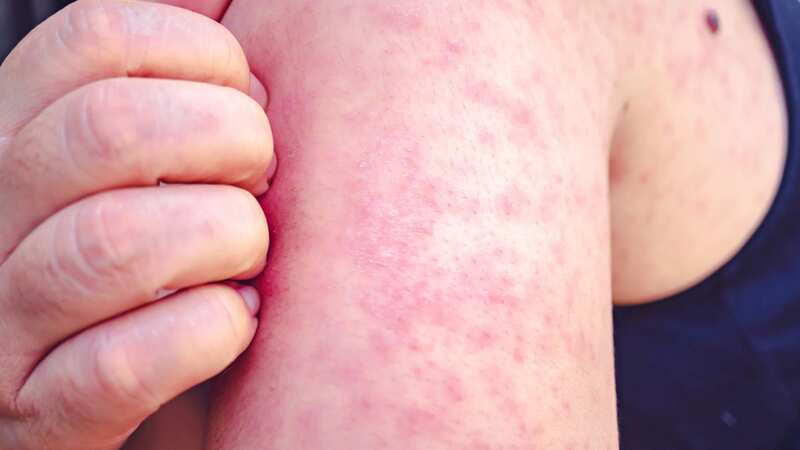WHO issues warning for vulnerable children against surging Victorian disease

The World Health Organisation (WHO) has issued an urgent plea to protect millions of children against measles amid a huge surge in cases.
Rising cases of the "avoidable" disease once thought banished to the history books have left global health officials worried, prompting a new appeal for action to prevent further escalation.
Low levels of vaccination across Europe - including the UK - are a particular cause of concern, according to a top doctor. A total of 1.2 million children are thought to have missed their jabs across the continent between 2020 and 2022.
Dr Hans Henri P. Kluge, WHO Regional Director for Europe, has labelled every death as a "tragedy" given that a vaccine is readily available.
He said: “Health systems in the WHO European Region have some catching up to do to rapidly reach the 1.2 million children who missed their measles vaccine between 2020 and 2022 while continuing with routine immunization. As the virus continues to spread in many parts of the Region, timely outbreak detection and response remains critical to prevent further escalation and secure the Region’s progress towards eliminating this highly contagious disease.”
 Surprising symptom that 40% of women suffer weeks before a heart attack
Surprising symptom that 40% of women suffer weeks before a heart attack
“Every measles-related death is an avoidable tragedy given there is a safe and effective vaccine to prevent the disease. I commend countries for the comprehensive response measures taken so far and caution against any complacency at this stage. We must get ahead of this dangerous disease by actively reaching out to under- or unvaccinated communities,”
In Britain, the recent increase has been largely attributed to a rapid escalation of cases in the West Midlands, where rates are currently at their highest level since the mid-1990s. Birmingham has been named as the worst-hit area, with 97 cases recorded in January alone. The UK Health Security Agency (UKHSA) said in their latest update that there were 166 laboratory confirmed measles cases in the four weeks 15 January 2024, and confirmed they are "starting to see clusters of cases in other regions".
The death of an adult with measles was reported in the Republic of Ireland earlier this month. Measles symptoms include a distinctive red or brown rash, which may be more difficult to see on darker skin. Infection usually begins with a fever, cough, runny nose, red eyes (conjunctivitis), and the rash appears 3 to 5 days later. Children with symptoms should be kept home from school, nursery or other childcare settings, and away from vulnerable people.
Much like the common cold, measles is easily spread via tiny droplets that come out of the nose and mouth. This can be accelerated by coughing and sneezing, with symptoms usually developing 10-12 days after exposure to an infected person and last seven to 10 days. Having the MMR vaccine is the best way to prevent it. In some the worst case scenarios it can lead to pneumonia, meningitis, blindness and seizures.
List of symptoms:
- High temperature
- Runny or blocked nose
- Sneezing
- A cough
- Red, sore, watery eyes
- Small white spots may appear inside the cheeks and on the back of the lips a few days later
- A rash usually appears a few days after the cold-like symptoms
Read more similar news:
Comments:
comments powered by Disqus

































